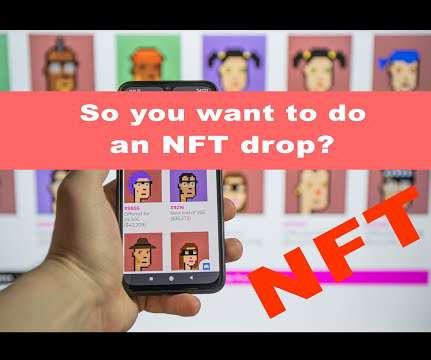Fatal Mistakes Made By The ‘Bored Ape Yacht Club’ & ‘Crypto Punks’ NFT Projects
Traverse Legal Blog
MARCH 8, 2022
Today, we’re going to talk about non-fungible tokens (NFTs). These NFT drops offer valuable learning lessons which every NFT project, brand, and company must consider before launching their NFTs project. These two projects offer a roadmap for any company, brand, or agency looking to launch an NFT project.












Let's personalize your content